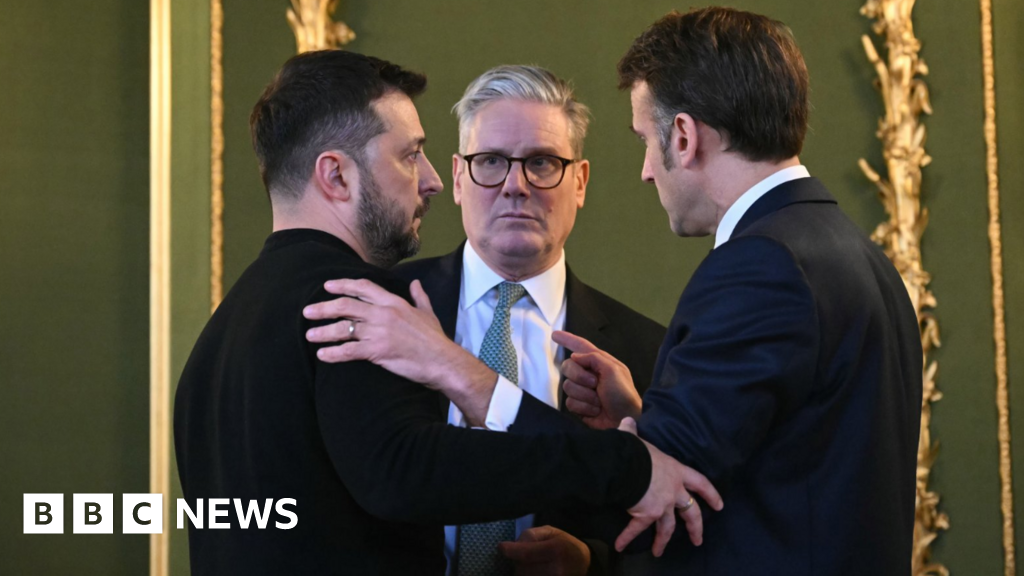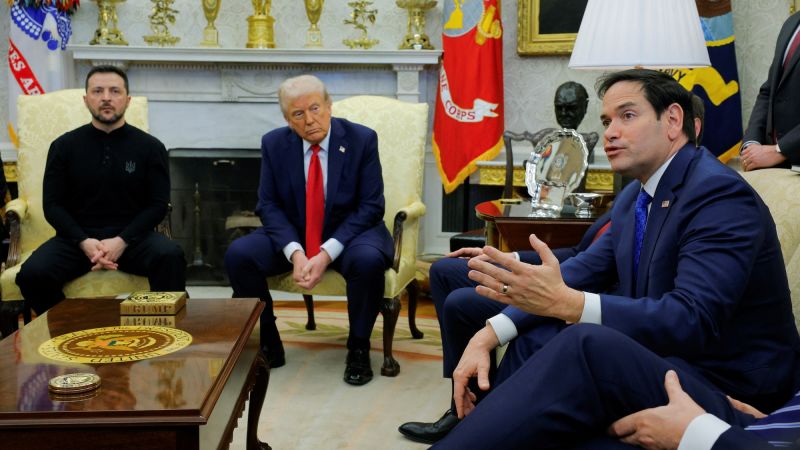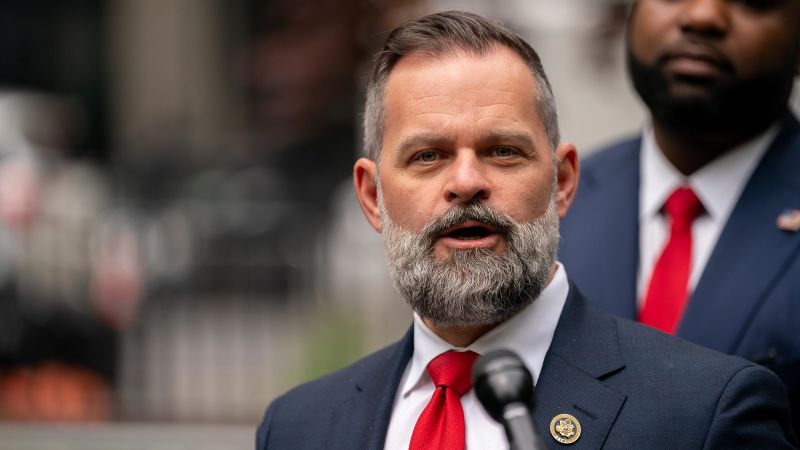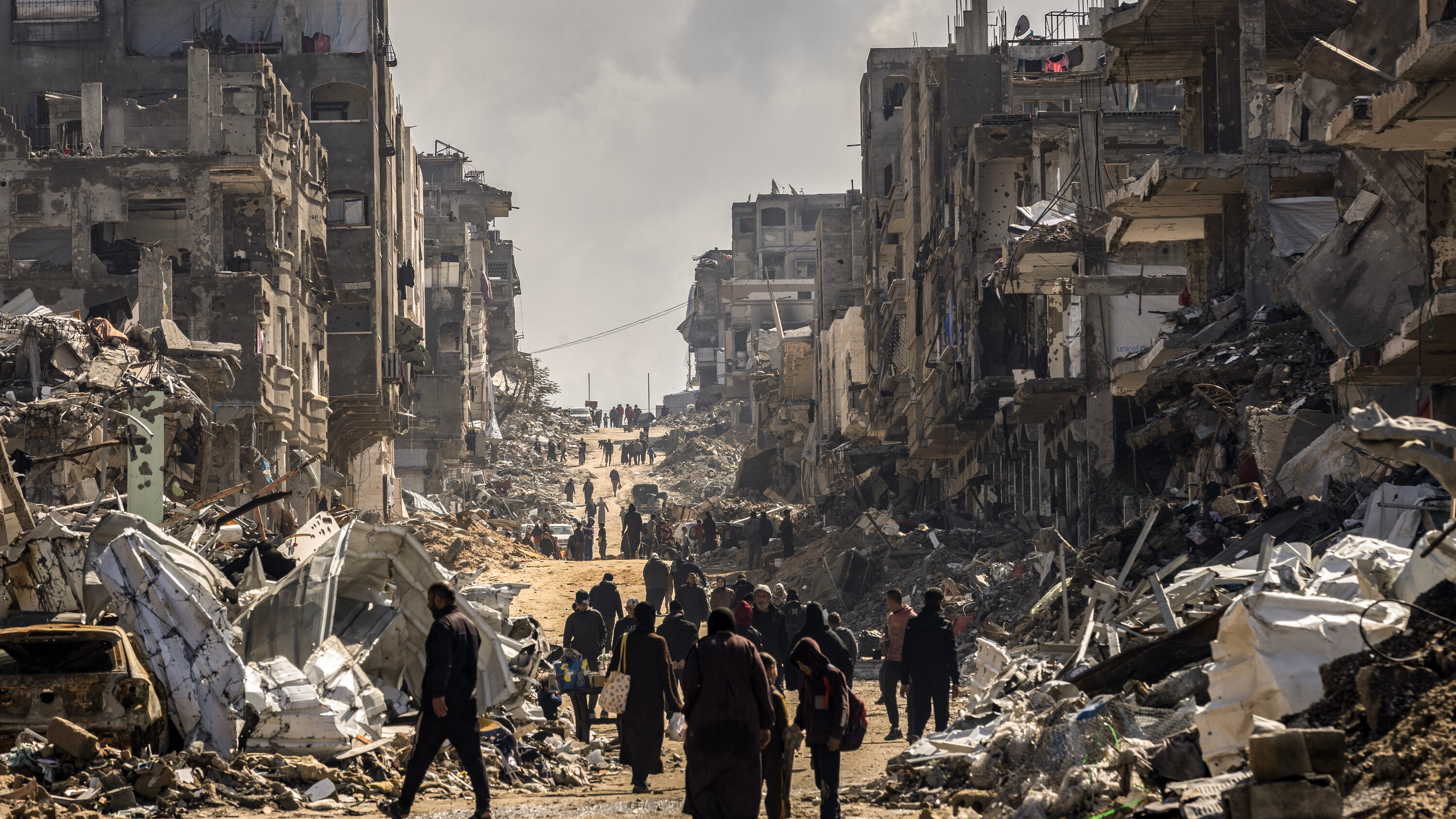Verbal Sparks Fly: Stalin Blasts Yogi's 'Hate Speech' in Escalating Political Crossfire
Politics
2025-03-27 03:22:00Content

In a sharp political exchange, Tamil Nadu Chief Minister MK Stalin has launched a scathing critique of Uttar Pradesh Chief Minister Yogi Adityanath, accusing the Bharatiya Janata Party (BJP) of behaving like "rats" in their approach to language policy and delimitation.
Stalin's remarks come in response to recent comments made by Yogi Adityanath regarding the three-language policy and electoral constituency redistricting. The Tamil Nadu CM did not mince words, directly challenging the BJP's stance and methodology.
The criticism highlights the ongoing political tensions between regional parties and the national BJP leadership, with Stalin positioning himself as a vocal opponent of what he perceives as the BJP's divisive political strategies. His comments underscore the complex linguistic and political dynamics that continue to shape Indian political discourse.
By using strong language and direct accusations, Stalin has once again demonstrated his willingness to confront national political narratives that he believes are detrimental to regional interests and cultural diversity.
Political Tensions Escalate: Stalin's Sharp Critique of Yogi Adityanath Reveals Deeper Ideological Divides
In the complex landscape of Indian political discourse, a heated exchange between two prominent state leaders has once again highlighted the intricate tensions that simmer beneath the surface of national politics. The confrontation between Tamil Nadu Chief Minister MK Stalin and Uttar Pradesh Chief Minister Yogi Adityanath represents more than just a simple disagreement, but a profound ideological clash that reflects broader national political dynamics.Unraveling the Political Battleground of Linguistic and Administrative Controversies
The Language Policy Controversy
The three-language policy has long been a contentious issue in Indian political circles, representing far more than a mere educational strategy. Stalin's criticism of Adityanath's stance reveals deep-rooted tensions between regional autonomy and centralized governance. The policy, originally designed to promote linguistic diversity and national integration, has become a battleground for political ideologies that challenge the very fabric of India's multicultural identity. The nuanced approach to language policy reflects the complex historical and cultural narratives that shape regional political identities. Stalin's critique goes beyond surface-level disagreements, pointing to fundamental differences in how different states conceptualize national unity and cultural preservation.Delimitation and Political Representation
The delimitation debate represents another critical point of contention between Stalin and Adityanath. This administrative process, which involves redrawing electoral boundaries, is far more than a technical exercise. It strikes at the heart of political representation and power dynamics within India's democratic framework. Stalin's accusations suggest a deeper concern about potential manipulation of electoral boundaries, a strategy that can significantly impact political representation. The critique implies a systemic challenge to the fairness of electoral processes, raising important questions about democratic integrity and regional political autonomy.Ideological Confrontation and Political Narrative
The verbal sparring between Stalin and Adityanath transcends individual personalities, representing a broader clash between different political philosophies. The Bharatiya Janata Party's (BJP) approach, as criticized by Stalin, appears to be characterized by a centralized, uniform vision of governance that potentially undermines regional diversity. This confrontation reveals the ongoing negotiation of power between regional and national political entities. Stalin's critique is not merely a defensive stance but a strategic articulation of alternative political perspectives that challenge the dominant narrative.Implications for National Political Discourse
The exchange between these two prominent leaders offers a microcosmic view of the larger political dynamics in India. It highlights the continuous tension between centralized governance and regional autonomy, between uniform national policies and diverse regional identities. Stalin's robust criticism demonstrates the role of regional leaders in challenging and reshaping national political narratives. By vocally opposing what he perceives as problematic policies, he contributes to a more dynamic and contested political discourse that refuses to accept top-down directives without critical examination.The Broader Context of Political Communication
This political confrontation underscores the importance of robust democratic dialogue. While the exchange might appear confrontational, it represents a crucial mechanism of political accountability and public discourse. The ability of regional leaders to challenge national narratives speaks to the strength of India's democratic institutions. It reveals a political ecosystem where different perspectives can coexist, compete, and potentially find common ground through dialogue and debate.RELATED NEWS
Politics
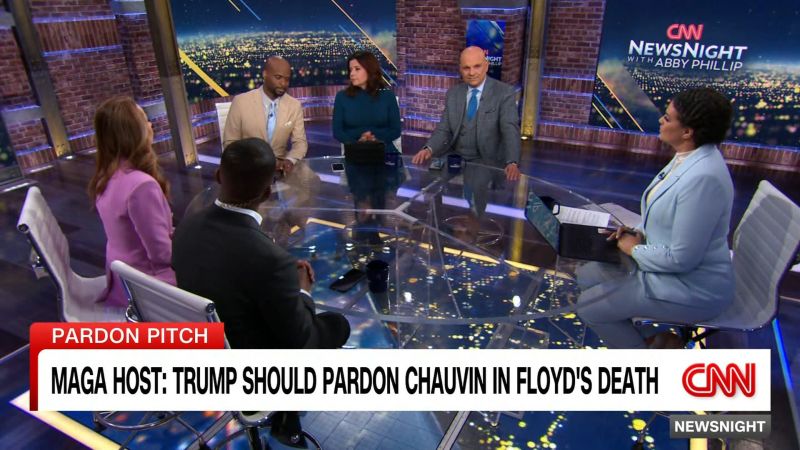
Shapiro Sparks Controversy: A Provocative Call for Justice in the Derek Chauvin Case
2025-03-06 04:05:38
Politics
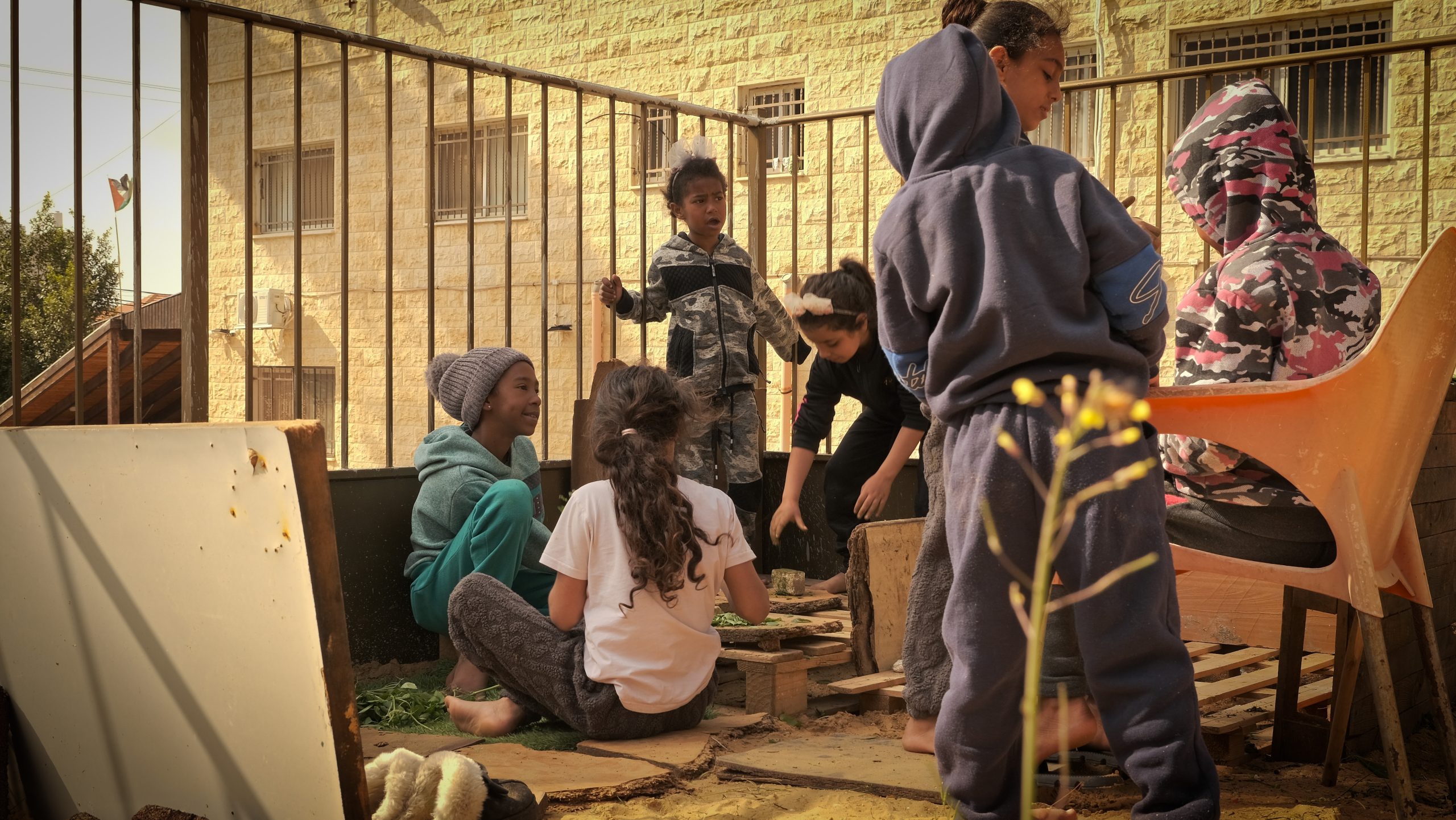
Jenin's Shattered Silence: Unearthing the Human Story Behind the Conflict
2025-03-21 13:00:00
